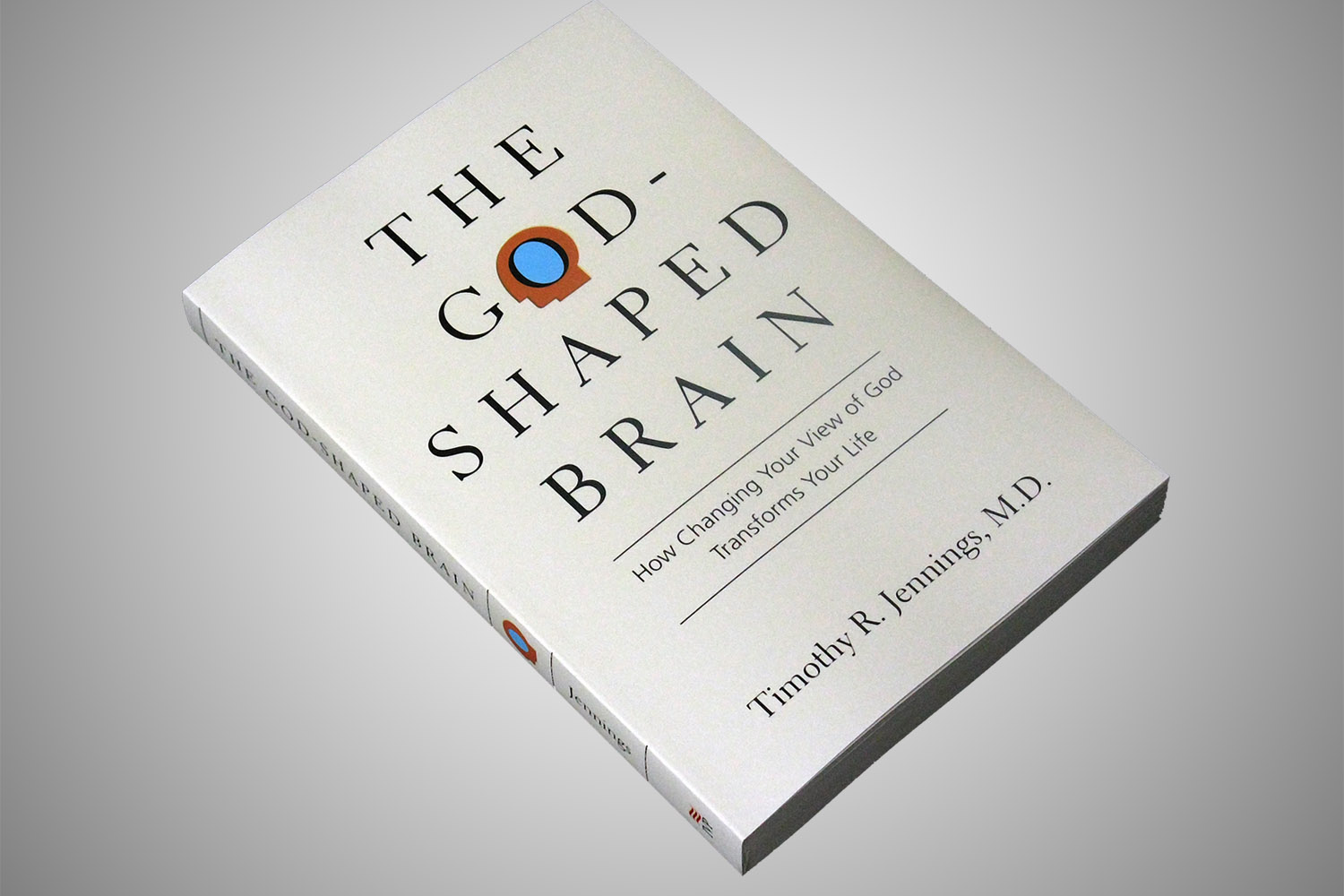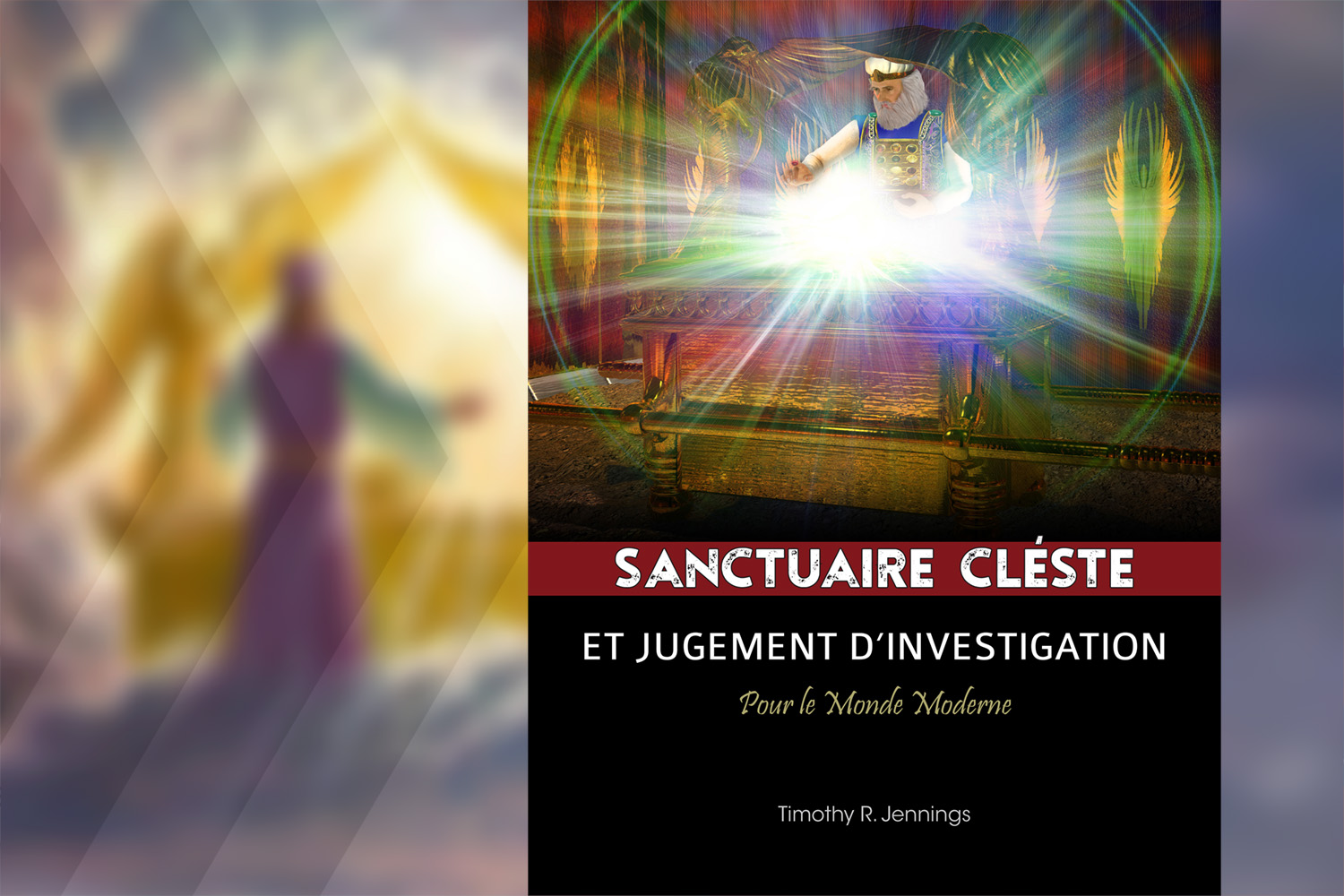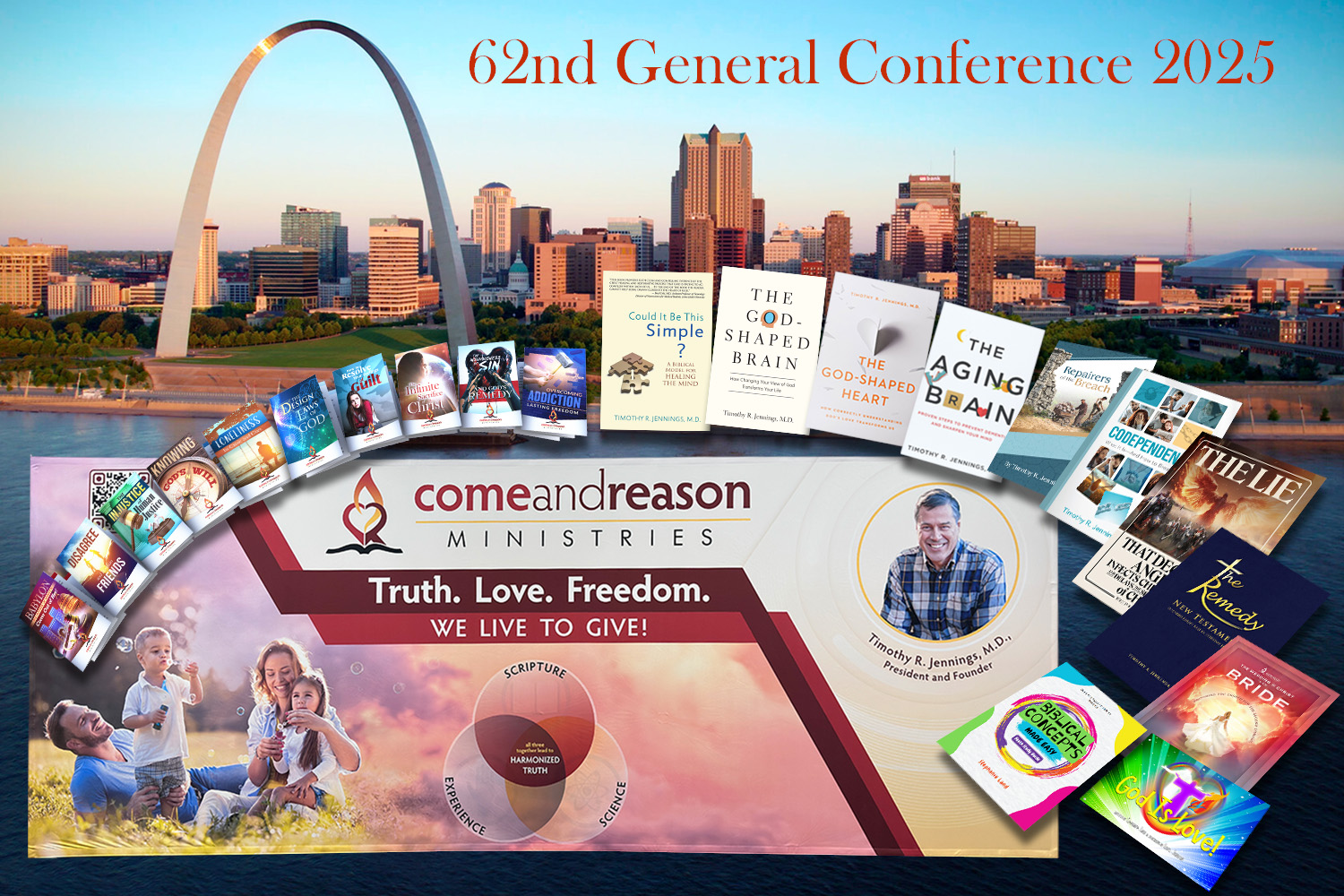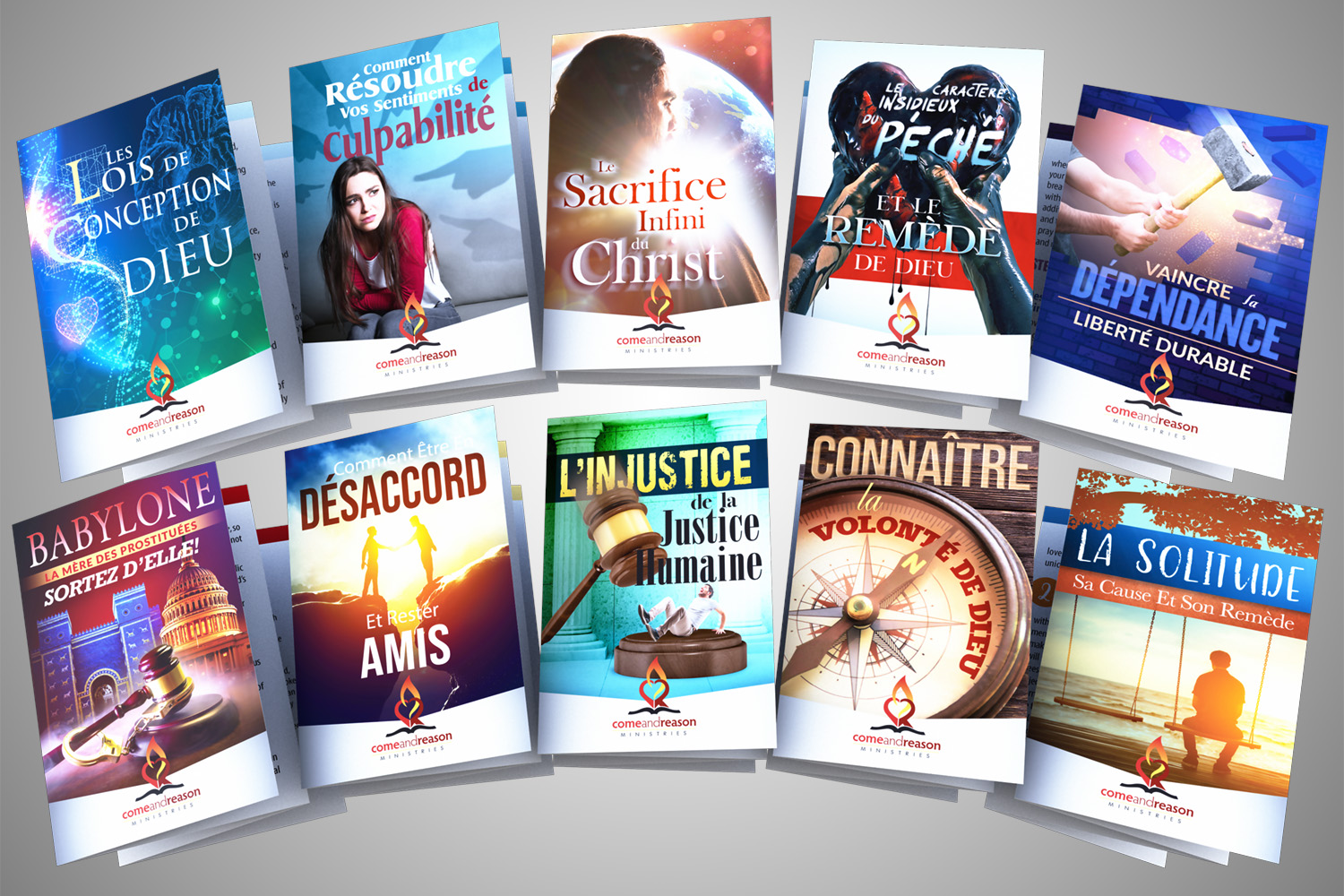Have you ever met someone who said they didn’t believe in God, and when you asked them to describe the god in whom they did not believe, you discovered you didn’t believe in that god either? Or worse, you heard someone describe the God they did believe in and you found you also didn’t believe in that version of God?
According to the World Christian Encyclopedia, as of 2001 there were 19 major world religions, divided into 270 large religious groups, and subdivided further into tens of thousands of smaller sects. Within Christianity 34,000 separate groups have been identified, and despite many contradictory beliefs essentially all claim the Bible as their basis of faith.[1] Even within the same congregation heated battles over divergent views of God occur.
With so many different views of God being taught, the question arises, does our understanding of God make a difference, or is it enough to simply believe in God? Could our belief in God, if that belief is distorted in some way, actually cause injury, pain and suffering?
Jesus taught that eternal life is founded upon truly knowing God. (Jn 17:3) And Paul tells us that if we exchange the truth of God for a false god construct the mind becomes darkened, depraved and futile (Rom 1:28-31).
Fascinating new brain science has confirmed that Paul was right! Our beliefs do make a difference. The God we worship actually changes our brain circuits, activating different pathways, altering gene expression and literally changing who we are. Depending on the God we worship we either become more like Jesus, with greater capacity for love, compassion, understanding, and wisdom, which corresponds with development of higher brain circuits; or, we become more selfish, fearful, arrogant, and exploitive, which corresponds with greater development of more primitive brain regions.
All the contradictory views of God cannot be right. Paul tells us we must employ divine weapons to demolish everything that “sets itself up against the knowledge of God.” (2Cor 10:3-5). But what are those weapons and how do we employ them? According to Scripture, God has provided us with three types of spiritual weapons.
These three weapons are:
- Scripture“All Scripture is God-breathed and is useful for teaching, rebuking, correcting and training in righteousness (2Tim 3:16)
- Science “For since the creation of the world God’s invisible qualities—his eternal power and divine nature—have been clearly seen, being understood from what has been made, so that men are without excuse.” (Rom 1:20) (emphasis mine)
- Experience“Taste and see that the Lord is good” (Ps 34:8); “Then he said to Thomas, “Put your finger here; see my hands. Reach out your hand and put it into my side. Stop doubting and believe.” (Jn 20:27)
God not only inspired the Scriptures, but is also the Creator of nature and the author if its laws. Rightly understood science and Scripture always harmonize and lead to ever increasing knowledge of and appreciation for God. But when these three threads, Scripture, science and experience are separated misunderstandings arise. Science without Scripture leads to godlessness. Experience separated from science and Scripture leads to mysticism and fanaticism. And Scripture without science and experience is vulnerable to a variety of distorted God constructs resulting in 34,000 different Christian groups all claiming the same Scripture yet often teaching divergent beliefs, many of which are actually harmful to the human condition.
In The God-Shaped Brain, I explore how our view of God change us, either increasing our capacity to love or hardening our hearts, depending on which view of God is believed. I examine divergent God constructs and demonstrate the profound impact a change in belief about God has upon mental, physical and relational health.
With so many competing views of God, often occurring within the same church, I invite you to consider this book a tool to assist in comparing the different views and enhancing our journey toward ever increasing intimacy with Him.
[1] David B. Barrett, et al., World Christian Encyclopedia: A Comparative Survey of Churches and Religions in the Modern World, Oxford University Press (2001). Cited from https://www.religioustolerance.org/worldrel.htm#wce











 using your credit or debit card (no PayPal account needed, unless you want to set up a monthly, recurring payment).
using your credit or debit card (no PayPal account needed, unless you want to set up a monthly, recurring payment). instead?
instead?